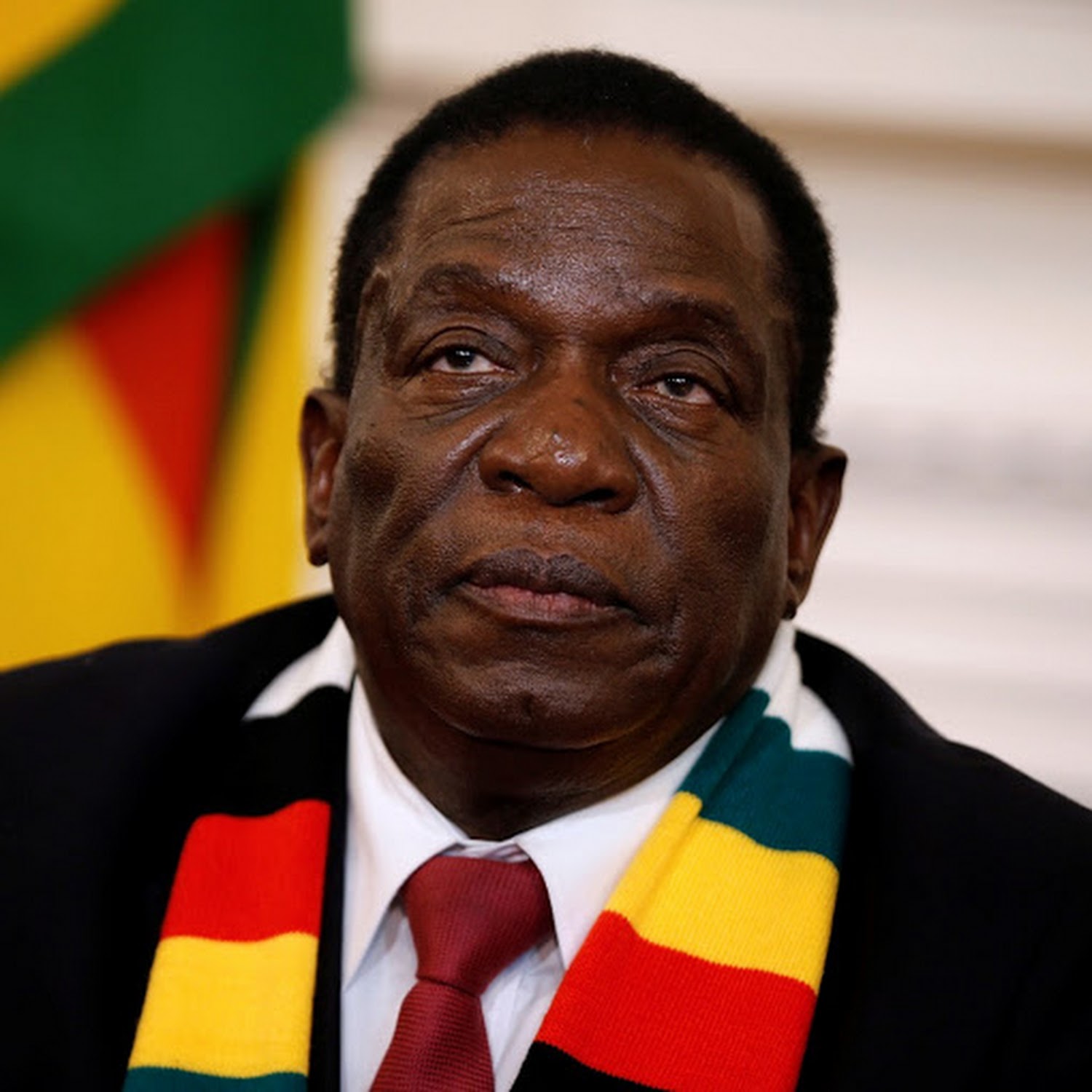The government has withdrawn a decree placing procurement of certain goods outside public scrutiny saying it had been published without President Mnangagwa’s authorisation.
In a statement, the government said the notice is a nullity and has been rescinded as it has no standing at law.
The statute had noted that all procurement in construction, medical equipment, medicines and drugs as well as protective clothing in hospitals will no longer be publicly disclosed.
This was welcomed by a lot of blacklash by members of the public who were complaining that this would create loopholes that will make the government ‘loot’ funds that are supposed to benefit everyone and will mute media practitioners and whistleblowers who may want to point out irregularities in certain procurements.
“His Excellency has been made aware of some document gazetted as General Notice 635 of 2023, purporting to place the procurement of certain goods outside public scrutiny, on grounds of national interest. Upon further investigation, it has come to light that the so-called Government Gazetted Notice is a nullity, having been published without authorization and without the signature of the Chief Secretary to the President and Cabinet as is the norm,” read the statement.
“While further investigations are underway, government wishes to advise the public that, on the instruction of His Excellency, the document in question has been rescinded as it has no stading at law, in policy and in terms of set government procedures.”
In an interview with CITE on, This Morning on Asakhe, Transparency International Zimbabwe Research and Legal Officer, Thubelihle Ncube, explained that the statute would have violated some sections of the Public Procurement and Disposal of Assets Act.
She said such developments would be a transgression from the progress that the country is trying to make in terms of fighting corruption and mismanagement of public funds.
“Initially our procurement systems were centralised and were vulnerable to corruption, as we had one head of government being the holder of how the procurement system works. The discretion of taking whatever decision they wanted to take. This was before 2018. It was inefficient and bureaucratic,” she explained.
“The new decentralised Public Procurement Reform was introduced to address these shortcomings of the old procurement regime, giving procurement powers to procuring entities. The Act, therefore, seeks to shut down loopholes. Our Constitution speaks to the alignment of all this to promote transparency and accountability.”
Ncube cited that Section 3 (6) of the Act speaks to what can be classified as sensitive procurements that are of national interest and security and none of the things listed in the notice falls under the category.
“This notice violates the law and policy. Legally, none of the things that have been listed in the statute speak to the provisions of the Act. The notice violates the Act because none of those things fall in the specified bracket. Under policy, it hinders transparency and fairness. One of the objectives of this Act is to ensure that the procurements effected in a manner that is transparent, fair, honest and competitive,” she said.

